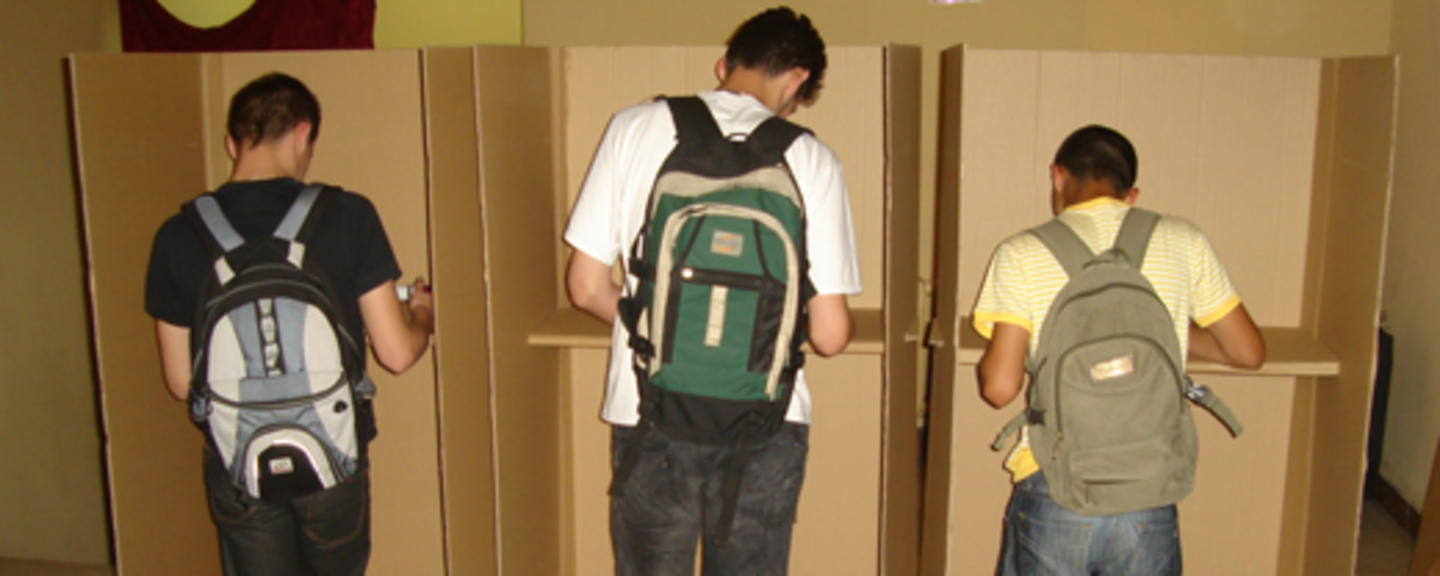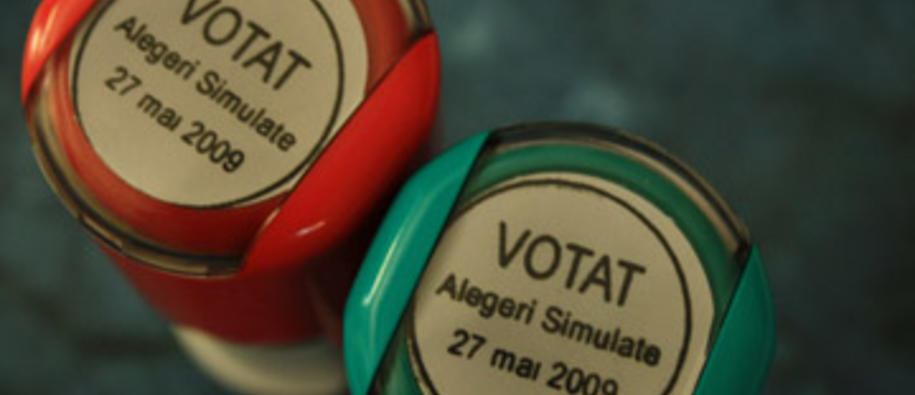The Romanian Association for Democracy (Asociatia Pro Democratia) has received €71 860 from the Romanian NGO Fund of the EEA Grants to carry out the "Exercise for democracies" project; an educational project aimed at raising civic participation and political engagement among high school and university students. The Association for Democracy is based on political non-partisanship and volunteerism, and has 20 years of experience in promoting political and civic participation in Romanian society.
The project takes a participatory approach, and aims to teach students about the political system and the political decision-making process. Through simulated elections and model parliaments; simulated parliament sessions, students learn how political decisions made at national and European level affect their lives, and how they can influence political processes.
Engaging the young in politics and elections
One of the project's overarching aims is to counter electoral absenteeism, and in particular to encourage young people to vote in the last elections for the European Parliament on 7 June 2009. All over Europe, the boundaries between domestic and foreign policy becomes increasingly blurred as the process of European integration proceeds. Yet, the challenge remains of getting the average voter more interested in European issues and policies. In Romania, there is a general lack of knowledge about the European Parliament and its Romanian members among young people, according to the Pro Democratia association.
To stimulate interest and engagement in European politics among young people, the "Exercise for Democracies" project organised a special Candidates Forum for young people, at which students met and discussed with Romanian MEP candidates. 30 students subsequently went on a study trip to Brussels and met with the candidates there. Through the project, simulated European elections were held at schools and higher education institutions in Craiova, Onesti, Targu Neamt, Timisoara, Galati, Constanta and Brasov. The results were announced two days after the real election so as not to interfere with the outcome of the actual vote.
In addition, the project organised 33 summer internships in parliamentary offices for students, as well as debates and workshops on the separation of powers and other important constitutional aspects.
The Romanian NGO Fund of the EEA Grants provides €5 million to strengthen civil society in Romania.
Photos: Asociatia Pro Democratia.

